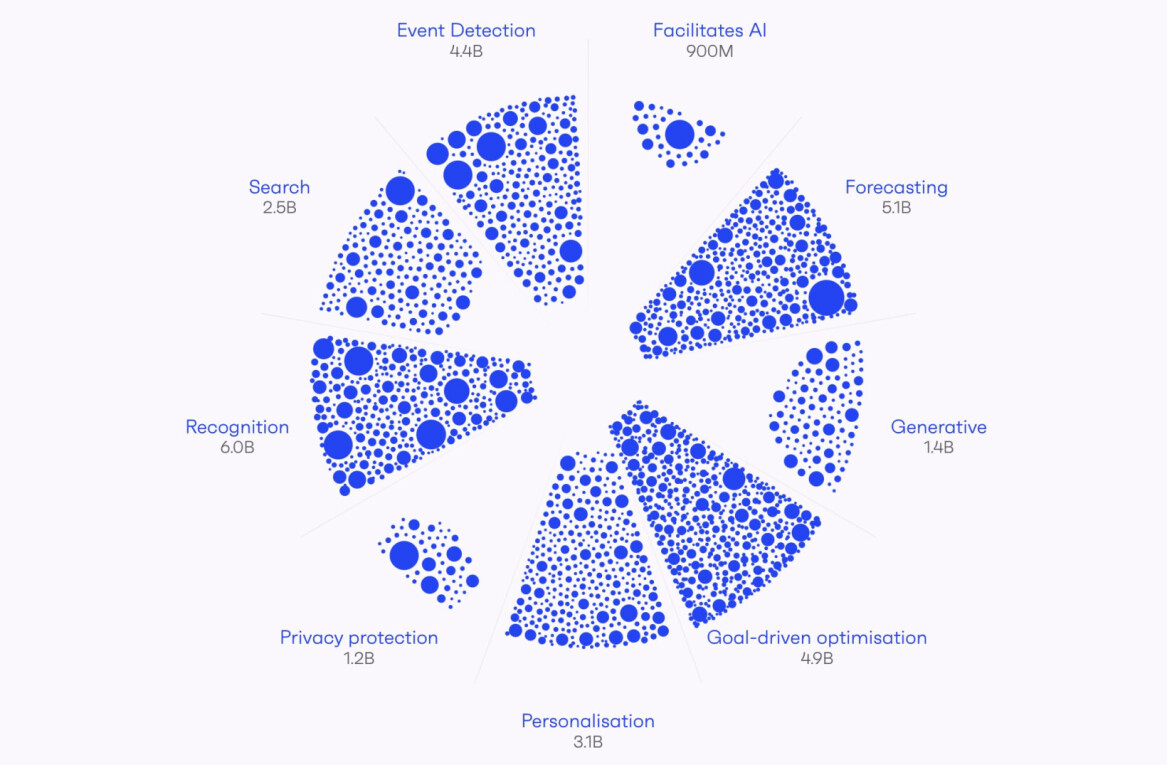
Tim O’Reilly is in the UK. You can tell, because he appears to be everywhere at once. The itinerary must be astonishing. This morning he was at the Treasury supporting the team behind GOV.UK with the help of Jennifer Pahlka of Code for America.
O’Reilly is a board emeritus member of the organisation Pahlka established. Code for America is a not-for-profit, founded in 2009 to encourage openness, participation and transparency in municipal governments and promote civic digital engagement.
Pahlka and O’Reilly were joined by Mike Bracken, executive director of the Government Digital Service (GDS), Rohan Silva, the Senior Policy Adviser to the Prime Minister at No.10 Downing Street and Liam Maxwell, deputy government CIO. The discussion was chaired by Stephen Kelly, recently appointed government COO.
Naturally the main topic was how GOV.UK is about to save a truckload of money and how it is a much better strategy for IT procurement and government services. Silva pointed out that in 2010, 70% of IT contracts for government went to just seven companies. Now there is a chance for smaller and more dynamic companies to pick up modules of work and hopefully create viable services faster.
Design inspiration
Design was widely lauded. One of the successful parts of relaunching the Direct.gov and Businesslink sites, was that they would be put together and infinitely more navigable. Basically a much better user experience.
You may remember that O’Reilly applauded the GDS design principles in a Google+ update saying, “I can only hope that everyone reads them, and follows them. Great design principles for commercial services as well as government services. If you’re in government, JFDI!” Quite.

So, the GDS has indeed been JFDI and the design principles according to Pahlka and O’Reilly, have been picked up by governments and organisations around the world. Pahlka says that creating something “simple, beautiful and easy to use” can also change the relationship that people have with their governments. Certainly not facing the digital equivalent of being stuck on hold is bound to improve the way people see government efficiency.
There’s hope that the GDS version of ‘simple, beautiful and easy to use’ will also influence other governments to improve services (for people who can get online). In an attempt to encourage this, the GDS is publishing as much as it can on GitHub, so at least citizens of other countries have an example to look to.
Pizza and beer economy or better citizen participation?
The work of citizens with the government is of great importance to the success of the GOV.UK system. O’Reilly says that the idea of people against governments needs to change to encourage more useful work.
Pahlka pointed out that change was created in Chicago when the government put on pizza and beer to get an app off the ground where citizens could adopt a fire hydrant – and dig it out of the snow during periods of inclement weather.
Encouraging citizens to get involved is important, especially if governments don’t happen to have developers to hand to make what they need. There are plenty of government hack events springing up where willing problem solvers can work on change. However, care should be taken to avoid a pizza and code economy. Good will can only go so far when it comes to talented people realising what the deal is.

Which brings us to GOV.UK’s open API. Again another great way to encourage people to work with government data. When it comes to the ecosystem of apps that will emerge, the methods for monitoring quality and standards is interesting. Bracken says that of course apps released by GOV.UK will be to a particular standard. However, apps created in the wild will not be subject to scrutiny.
He’s right, that would be an impossible task – and to encourage developers to do their best, a set of standards and guidelines will be published in an attempt to make things better.
So, with those guidelines on the way, what would you like to see as an app? The suggestions could be endless, but lets hope that there is also a way to navigate to the more useful applications, especially for those who are not quite as digitally literate.
We can expect more news on standards and guidelines in December. As we only recently covered the launch of GOV.UK, followed quickly by the publication of strategy, you have to admit that the GDS is really putting a rocket under the seat of government with a system more often found in startup culture – publish, iterate, improve.
In a final word about the shift that is taking place via the government’s digital strategy, Bracken highlighted the point that there is still too much a culture of ‘tech’, and not enough of a culture of people. It’s an interesting point, solving issues and putting money into technology is one thing, but the end users are people.
It’s the same with any service in almost any industry; the end result is built to serve human beings. So maybe we should be supporting more human beings to use the tech tools available to make things better.
Regulation or reputation?
O’Reilly made a fair statement which touched upon a digital democracy of sorts. As with any app available, ratings are revealed by users. So on those terms, the best apps should rise to the top. “Nobody keeps you from putting up a web page on the Internet,” he explains. “But there are systems by which the best systems float to the top. In the app space, there’s 700,000 apps available and a lot of them are lousy but there are mechanisms for users to rate them. There’s a slider between reputation and regulation.
“If you try to regulate too tightly, saying no government date can be used in a bad product, you’ll get no innovation and a culture were we’re afraid of failure,” he continues. “This dooms you to mediocrity. There is this trust that most people want to do the right thing and you want to police true bad actors, but otherwise let reputation drive the good to the top.”
As we are so accustomed to government or independent guidance and watchdogs, it is interesting to see that format broken in the UK. Standards and popular services will be up-voted by the people. This sounds as though we might also soon be saving money on administrators.
Image Credit: David Shutter / Flickr
Get the TNW newsletter
Get the most important tech news in your inbox each week.





